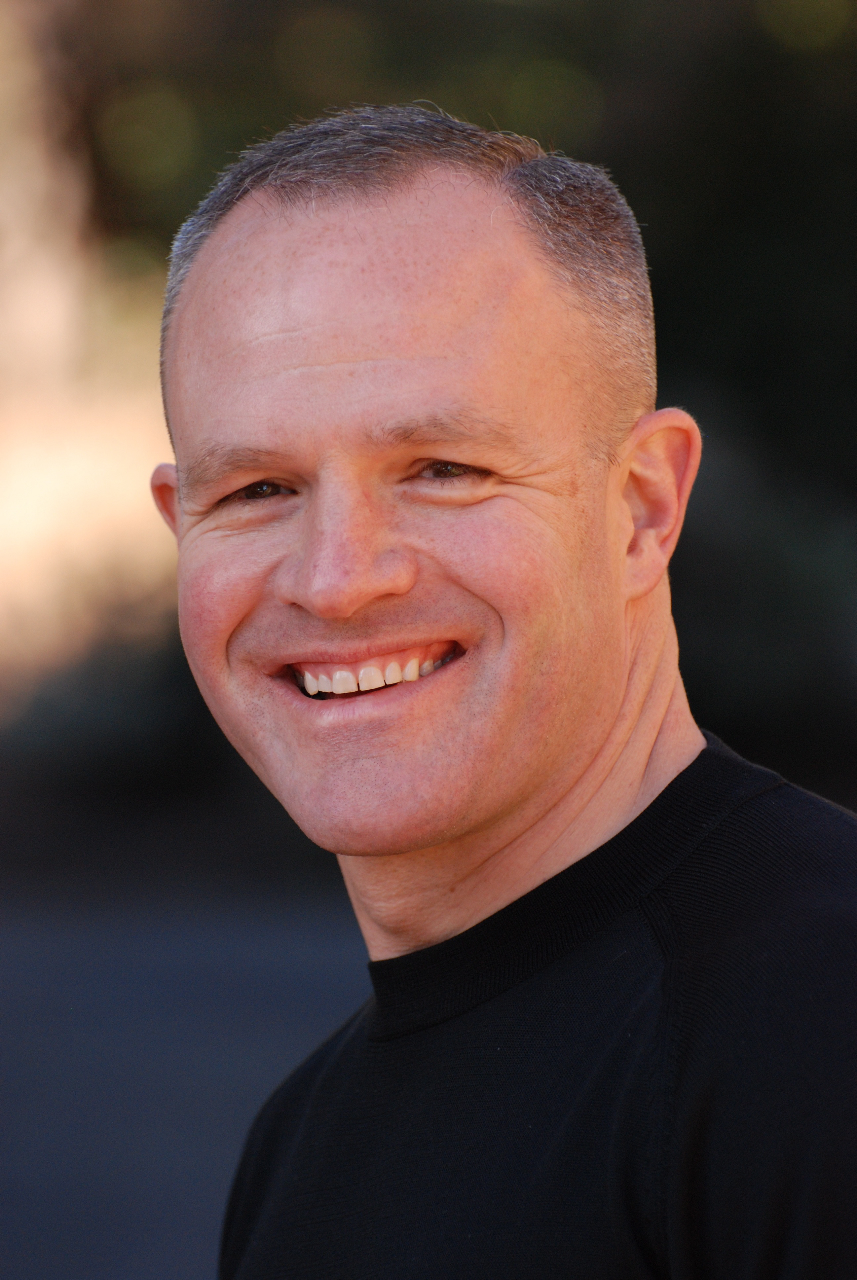
Jay D. Keasling
University of California Berkeley, USA
Engineered polyketide synthases as platform for synthetic chemistry
Abstract
Polyketides are one of the largest classes of natural products, possessing immense structural diversity and complex chemical architectures. Many polyketides (PKs) are among the most important secondary metabolites for their applications in medicine, agriculture, and industry. Examples include anticancer drugs (epothilone), antibiotics (erythromycin), insecticides (spinosyn A) and antifungals (amphotericin B). These particular examples of polyketides are biosynthesized by multimodular enzyme complexes known as type I modular polyketide synthases (PKSs). Working in an assembly-line fashion, multimodular PKSs assemble and tailor readily available acyl-CoAs within the host cell into large, complex, chiral molecules. Each of these PKSs comprises a series of modules that can be further dissected into a series of domains responsible for the extension of the polyketide back- bone through condensation and selective reductive processing of an acyl-CoA building block. The collinear architecture of these modules, apparent by inspection of the domains present and the predictive selectivity motifs harbored within, provide insights into the chemical connectivity and stereochemical configuration of the polyketide metabolite from analysis of its coding sequence.
While PKSs have been traditionally studied for the production of pharmaceuticals, engineered modular PKSs have the potential to be an extraordinarily effective retrosynthesis platform for the bio-production of products from biofuels and commodity chemicals to both pharmaceutical and nonpharmaceutical fine and specialty chemicals. By rearranging existing polyketide modules and domains, one can exquisitely control chemical structure from DNA sequence alone. However, this potential has only just begun to be realized as the compounds that have been made using engineered PKSs represent a small fraction of the potentially accessible chemical space. In my talk, I will highlight work from our laboratory where we have engineered PKSs to produce a variety of commodity and specialty chemicals and developed software and high throughput robotic platforms to enable design and construction of PKSs in high throughput.
Short Bio
Jay D. Keasling is a Professor of Chemical engineering and Bioengineering at the University of California, Berkeley. He is also Associate Laboratory Director for Biosciences at the Lawrence Berkeley National Laboratory and chief executiveofficer of the Joint BioEnergy Institue. He is consideredone of the foremost authorities in synthetic biology, especially in the field of metabolic engineering.
For details of his research and recent publication, please visit HERE


